That people learn by doing is not very controversial. In fact, that insight has a distinguished pedigree. In antiquity, Aristotle observed: "For the things we have to learn before we can do them, we learn by doing them." In the twentieth century, educators like Maria Montessori, Kurt Hahn, John Corlette and others all embraced Discere Faciendo.
Today, though, "learning by doing" is taking on new dimensions. The internet has not only introduced abundant new resources for didactic teaching, its interactive capabilities have also redefined what it means to "do." We are now able to create virtual realities that can be explored and manipulated from any hot spot. There are not many places we cannot virtually "visit" or things we can't virtually "do" from an armchair. But it is misguided to conflate the virtual with the real.
Indeed, with the advent of the virtual has come a new appreciation for the authentic. For example, there is now a four-year high school, the Think Global School (thinkglobalschool.org), that packs up and moves to a new location around the world every term. In addition to their traditional studies, students engage in experiential learning through such activities as cultural exchanges, museum tours, and nature expeditions. Of course, just living abroad is an exercise in rich experiential learning. Many other schools also are setting aside a few weeks each year for travel with service and/or pedagogical components.
For those who want both a transformative international experience for their teenagers but also the advantages of a traditional high school education (team sports; regular parental interaction; a local, life-long peer group; etc.) The ELS offers an attractive alternative.
